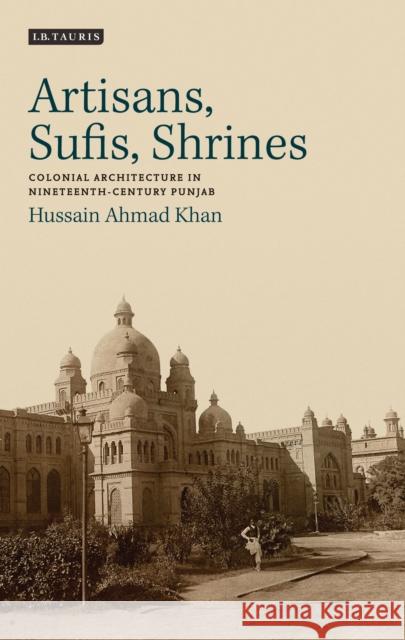Artisans, Sufis, Shrines: Colonial Architecture in Nineteenth-Century Punjab » książka
Artisans, Sufis, Shrines: Colonial Architecture in Nineteenth-Century Punjab
ISBN-13: 9781784530143 / Angielski / Twarda / 2014 / 232 str.
Artisans, Sufis, Shrines: Colonial Architecture in Nineteenth-Century Punjab
ISBN-13: 9781784530143 / Angielski / Twarda / 2014 / 232 str.
(netto: 603,92 VAT: 5%)
Najniższa cena z 30 dni: 580,55
ok. 22 dni roboczych.
Darmowa dostawa!
The cultural impact of mystically-inspired Sufi architecture on nineteenth-century Punjab greatly outweighed that of art institutions set up by colonial administrators, such as the Mayo School of Arts in Lahore. In this unique perspective on a little-explored aspect of India's history, Hussain Ahmad Khan uses folktales, architecture and historical exhibitions to illuminate the complex dynamic between Punjabi artisans, the Sufi community and the colonial British. In questioning their relative success and failures at influencing local culture, the book explores the extent to which political control translates into cultural influence. Examining the Sufi-artisan relationship within the various contexts of political revolt, the decline of the Mughals and the struggle of the Sufis to establish an Islamic state, this book argues that Sufi shrines were initially constructed with the aim of affirming 'Muslim' identity. At the same time, art institutions established by colonial officials attempted to promote eclectic architecture representing the 'British Indian empire', as well as to revive pre-colonial traditions. Hussain Ahmad Khan here sheds new light on the dynamics of power and culture in the British Empire.











